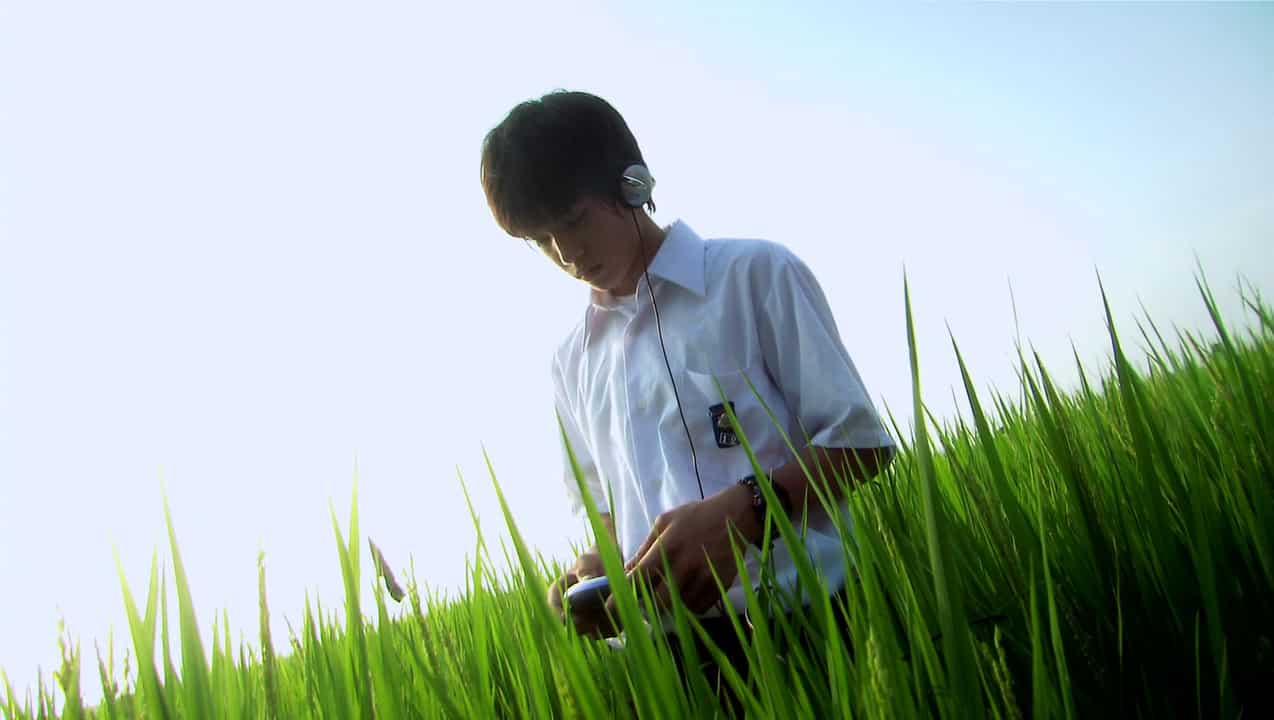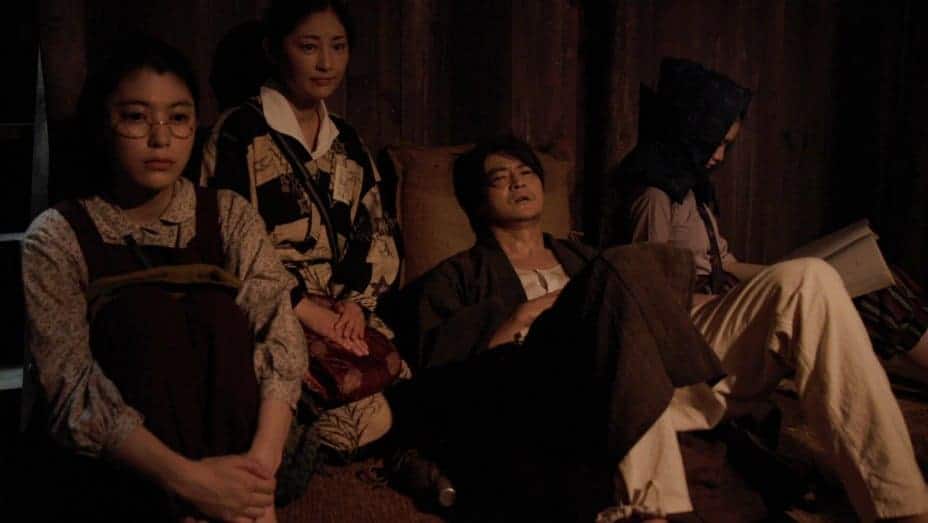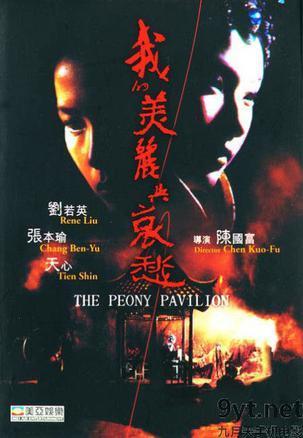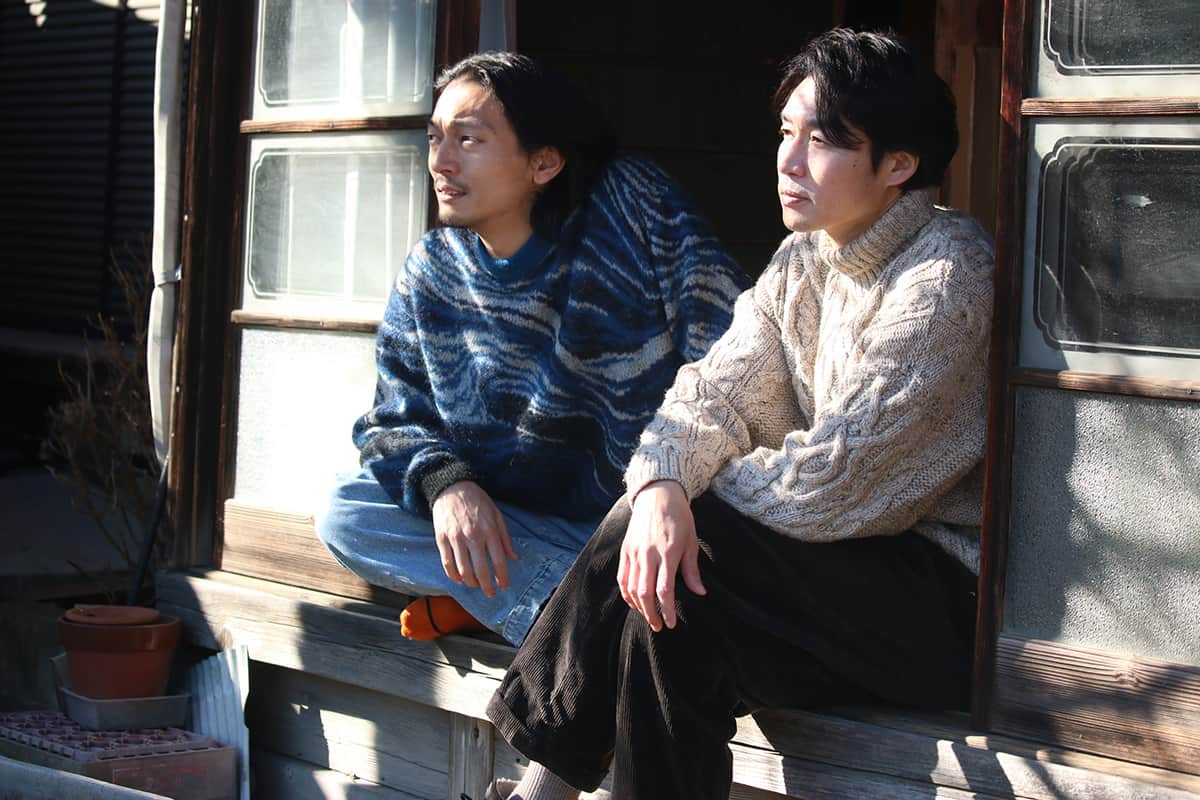In the 1960s, when the Korean film industry truly began to blossom with many directors receiving awards and recognition for their work internationally, filmmakers such Kim Soo-young made a name for themselves with adaptations of popular Korean novels. With his career spanning over four decades, he managed to direct more than 100 movies, featuring such projects like “Sad Story of Supporting Child”, “Sea Village” or “Mist”. His 1967 movie “Burning Mountain” (also known as “Flame in the Valley”) is one of his most interesting works, telling a story about passion and survival as well as the devastating force of passion within people. “Burning Mountain” received the award for Best Film at the Blue Dragon Film Awards in 1967.
Burning Mountain is screening at Film At Lincoln Center, as part of the Korean Cinema's Golden Decade: The 1960s program
The story is set in the 1950s during the war between North and South Korea. The setting is a village in the mountains which consists mostly of women, as their husbands have to fight at the front-lines. Life is hard as they not only have to take care of their parents and their sons and daughters, but are also regularly exploited by roaming soldiers taking away whatever food they have. Jum-rye (Ju Jeung-ryu) suffers from the tough living conditions, with her father being bedridden and sick, and her daughter being mentally handicapped. As she goes through the nearby forest one day, she stumbles upon Kyu-bok (Shin Young-kyun), a North Korean soldier, eager to find refuge somewhere until he can finally return home.
The widow takes care of the young man, bringing him food and other supplies, in return for some conversation and sex. After one of their meetings, she is confronted by Sawol (Do Kum-bong), who insists on “sharing” the man with her or she will report him to the police. Meanwhile, an operation is underway to eliminate all North Korean soldiers in the area.
Check also this interview
While there is a plethora of stories covering the war between South and North Korea, “Burning Mountain” touches upon a rarely discussed issue. Similar to Rainer Werner Fassbinder's “The Marriage of Maria Baun”, women are at the centre of the story, or more precisely their ways of trying to make ends meet in a time of war, being a mother, a caring daughter and a functioning member of a community. To make matters worse, what little they have has to be shared or is robbed by soldiers, and with the fates of their husbands and sons sometimes unknown, they feel their situation is only defined by suffering and misery. However, what makes “Burning Mountain” (again, very much like Fassbinder's movie) captivating is the blend of these themes and the longing for company and physical contact, to be regarded as a lover.
Supported by Hong Dong-hyuk's beautiful cinematography, the woods and the fields are both desolate and a symbol for the character's desire. For Hum-rye and Sawol it becomes a shelter for their different passions, while Kyu-bok feels it is more like a prison for him, where is not only far from home but also at the mercy of strangers. Shifting from black-and-white footage to color highlights the fond memories he has of home, reminiscent of propaganda videos and thus seemingly showing where this specific idea of home is coming from. It is the performances of the three main actors, especially Do Kum-bong, which make “Burning Forest” truly captivating and filled with memorable scenes, which thankfully never fall into the trap of being melodramatic.
“Burning Mountain” is a wonderfully photographed and well-acted feature about survival in times of war and passion. Kim Soo-young skillfully directs a movie which is truly mesmerising at times.
















Do you know if this is an adaptation? I can’t help but notice to the similarities to The Beguiling, the novel of which came out the previous year.